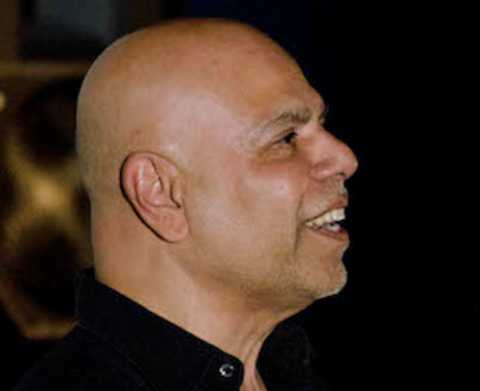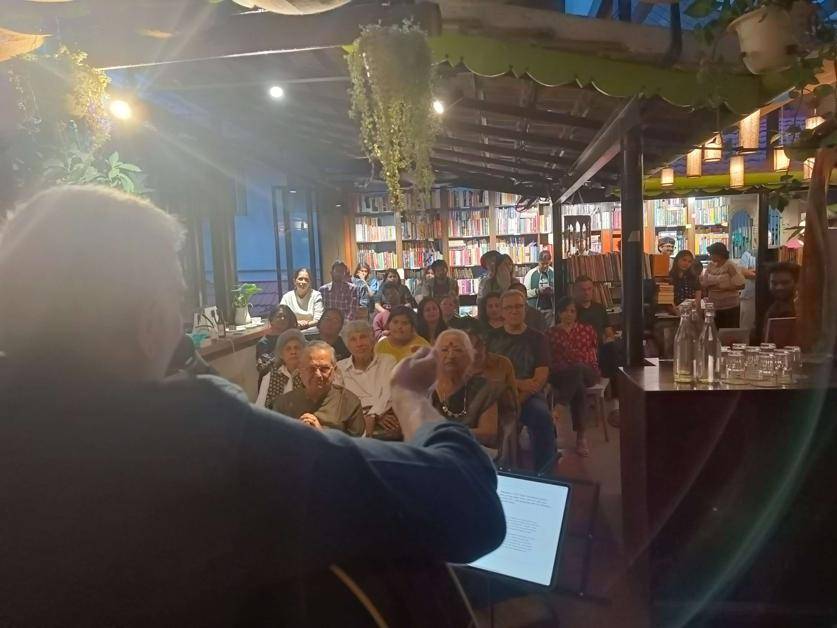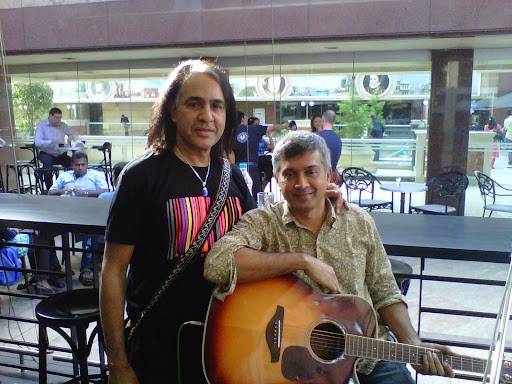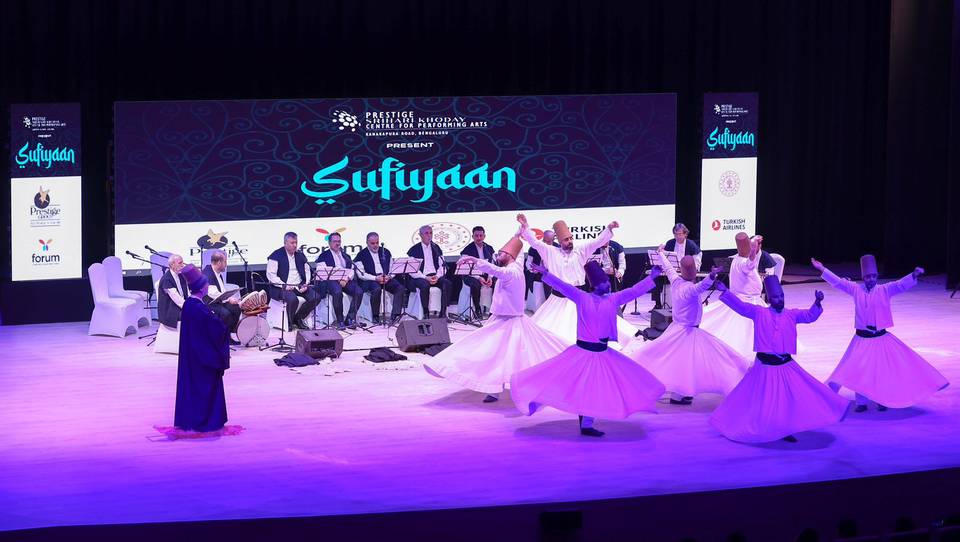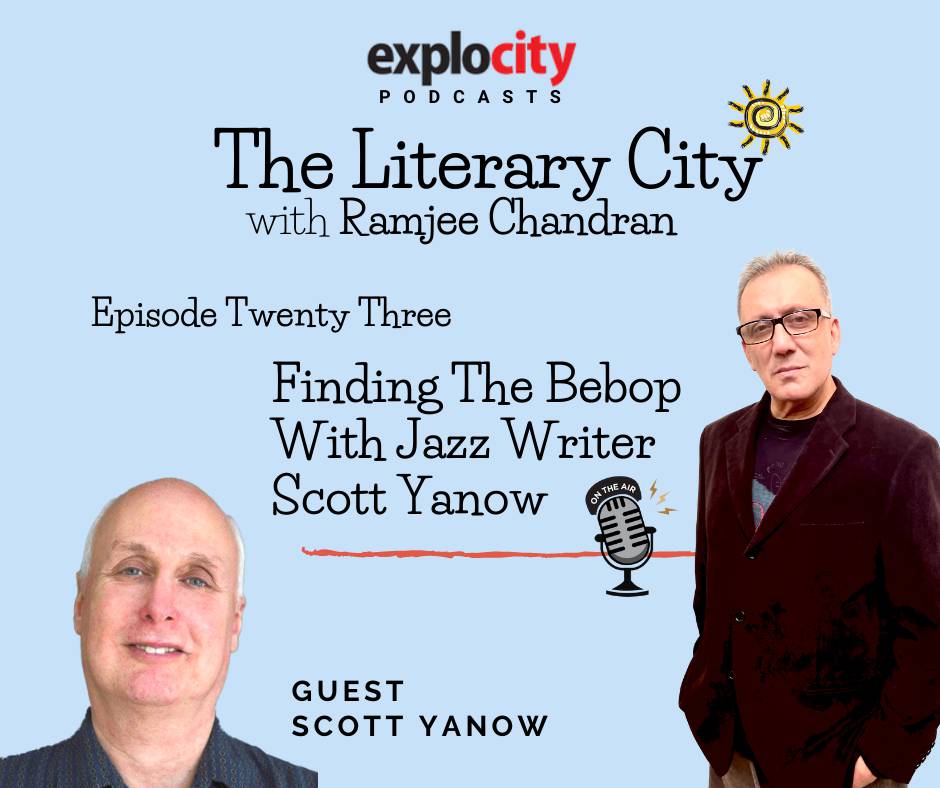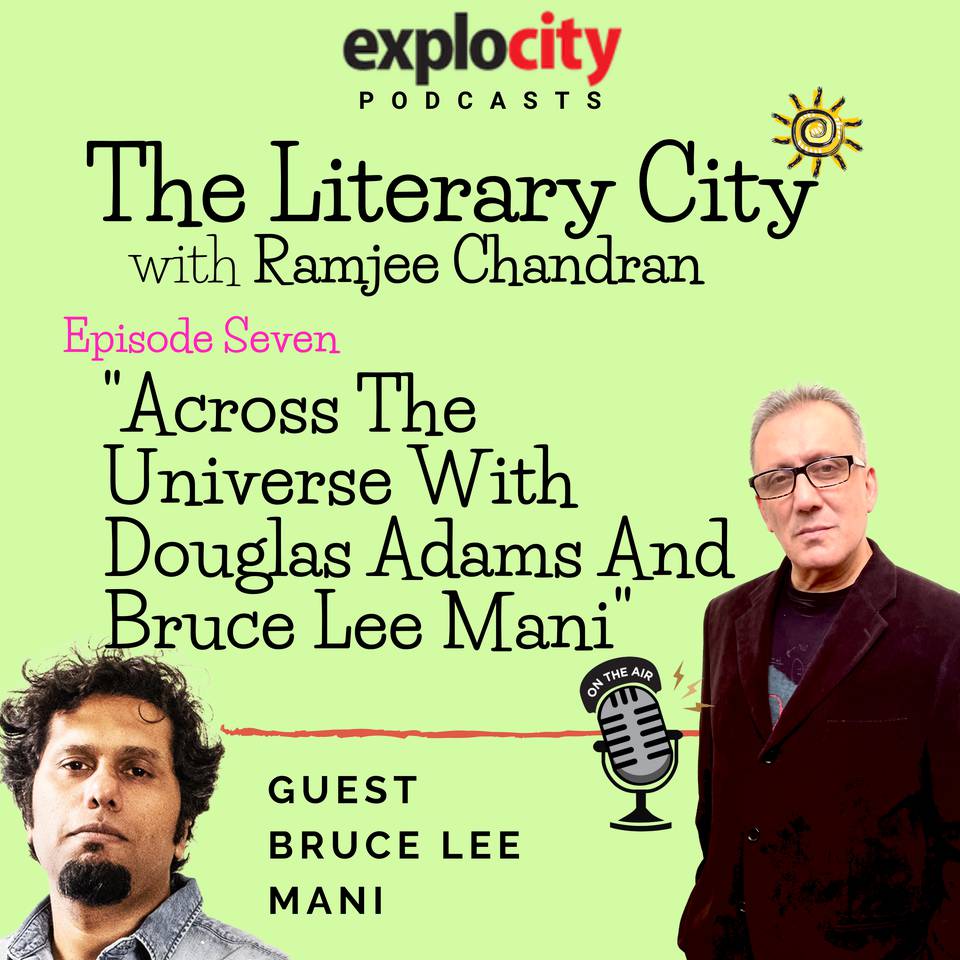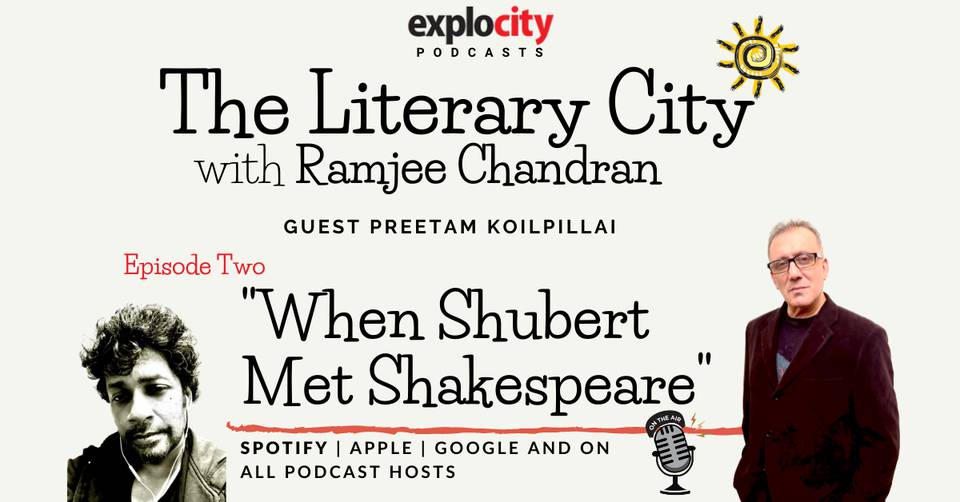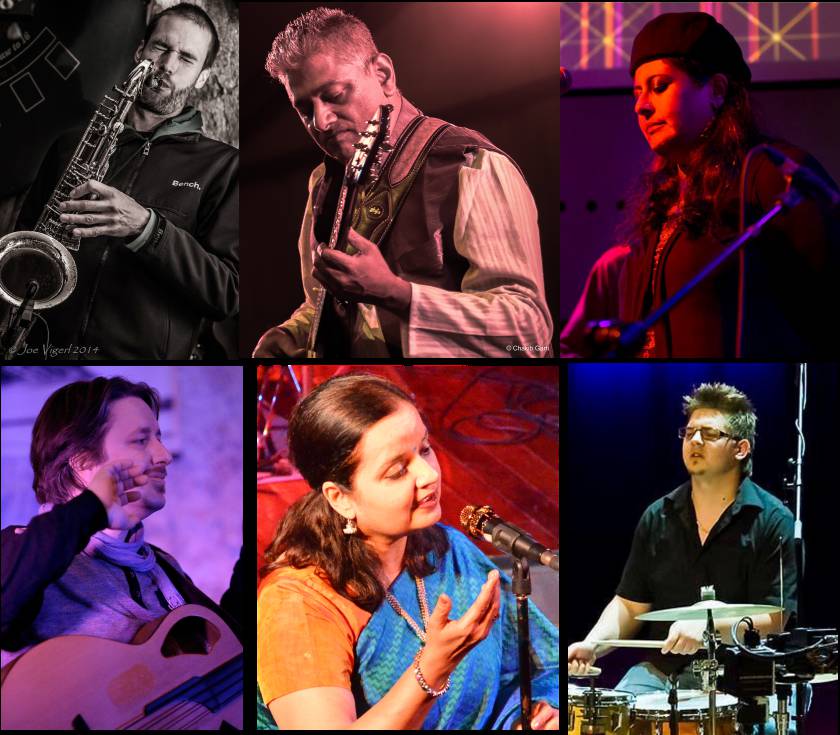A Personal Journey, Weirdly in Time
One of India’s best known percussionists, Ramesh Shotham writes about his latest — and fascinating album — Weirdly In Time.
Nov 19, 2025, 10 45 | Updated: Nov 19, 2025, 22 19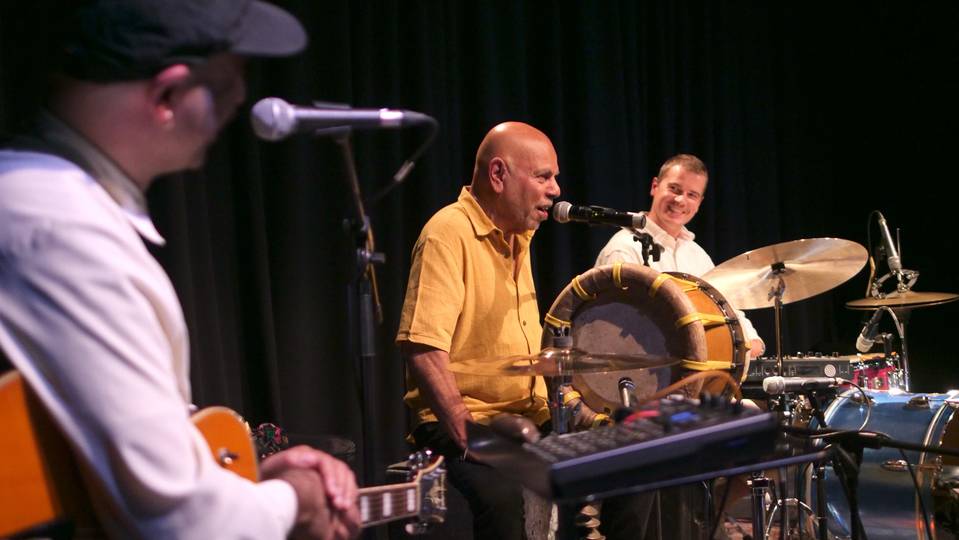
All music, to me, is a journey. Mine has taken me across continents and through countless rhythms — from the electric pulse of rock to the improvisational freedom of jazz and the deep-rooted traditions of Indian music. Looking back, I don’t see a series of shifts, but one continuous path — a lifelong search for sound, connection, and meaning.
In the early 1970s, I was the drummer for Human Bondage, one of India’s leading rock bands. We played with the fire of youth — loud, curious, restless. By the mid-seventies, something within me changed. I felt drawn back to the intricate rhythms of my homeland — to the layered beauty of Indian percussion and the melodic cycles that hold both time and timelessness. That shift wasn’t about leaving rock behind, but about rediscovering where I truly came from.
That rediscovery became the thread through all my later work — a dialogue between cultures, between rhythm and melody, between the familiar and the unknown. Along the way, I had the privilege of collaborating with extraordinary musicians — Steve Coleman, Charlie Mariano, Carla Bley, Rabih Abou-Khalil, the Karnataka College of Percussion, and many more. Each encounter expanded my sense of what was possible.
Eventually, I formed Madras Special — a band that felt like a homecoming. Rooted in Indian rhythm yet open to the world, it brought together everything I had learned, blending tradition with experiment. In many ways, that group laid the foundation for everything that followed.
Now, with Weirdly in Time, I’ve arrived at a deeply personal chapter. Over five decades, I’ve played on hundreds of albums as a band member, guest, and leader — but this one feels different. It’s not just a musical project; it’s a family story.
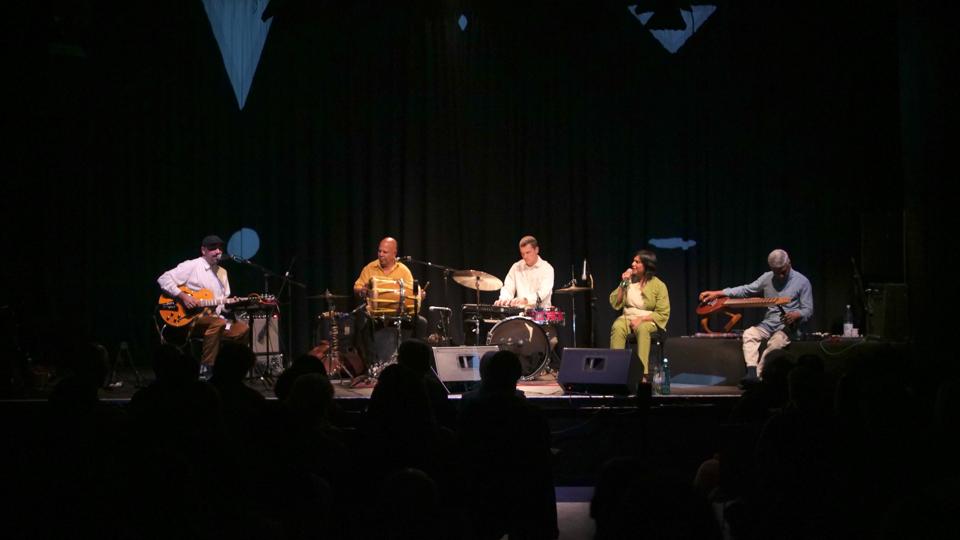
The journey began with my son, Keshav Purushotham, and his drummer colleague Niklas Schneider, both members of the remarkable band Keshavara. Keshav is not only a singer and songwriter but a sound artist with a rare instinct for atmosphere and texture. His approach is cinematic — blending rhythm, voice, and sound design into dreamlike worlds. Working with him brought a sense of freedom and playfulness that shaped the entire process.
We met at their Satori Sound studio with no clear plan — only curiosity. We began layering percussion grooves and letting them evolve naturally. There was no rush, no fixed structure — only the rhythm of discovery. Keshav added melodic sketches on guitar and ukulele, while Nik shaped subtle drum textures that wove around my rhythms. The result was fluid and unpredictable, with shifting tempos and surprising turns — as if the music itself were bending time. That became our title: Weirdly in Time.
Unlike my earlier recordings, often completed in a few intense days, this one grew slowly and organically — a dialogue between instruments, and between generations. The making of the album became part of its composition.
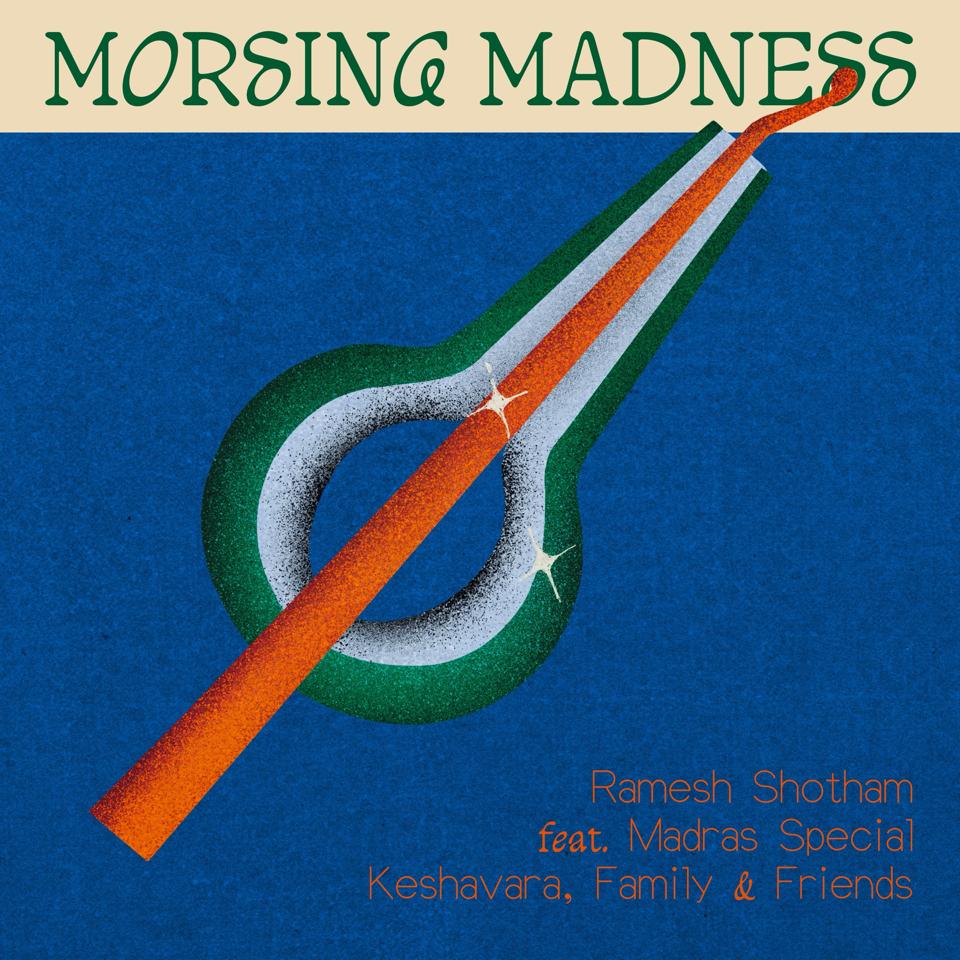
As the music evolved, more family voices joined in. My brother Naresh Purushotham, a gifted veena player, brought depth and lyricism that rooted the sound in South Indian tradition while opening it to new directions. My niece Sahana Naresh added her radiant, expressive voice, giving the music an emotional quality beyond words. My nephew Kailash contributed as a guest vocalist, adding his distinctive phrasing and completing the circle of family voices.
Alongside them came my long-time Madras Special companions — Zoltán Lantos on violin, Reza Askari on bass, and Sebastian Müller on guitar. Their subtle interplay expanded the album’s harmonic and rhythmic scope, balancing the intimacy of family with the openness of improvisation. Together, they helped transform Weirdly in Time into something larger than any one of us — a shared creation shaped by trust and dialogue.
The album’s visual identity took shape through my daughter-in-law Miriam Purushotham of Realfakefaktory. Her design translates rhythm into colour and movement into form — fluid, layered, sometimes surreal, always alive.
At the centre of it all is my wife Alexandra Putlitz — my anchor, sounding board, and quiet force. Her insight and support have guided every step of my creative path. Without her, neither this journey nor this album would exist.
Listening back, I hear more than grooves and melodies. I hear conversations — between father and son, between brothers and nieces, between tradition and experiment. I hear love, memory, and continuity woven into every rhythm. The album is a dialogue across time — between past and present, between generations, between all the selves I’ve been.
After half a century of playing, recording, and touring, I still feel like a student of rhythm. Music continues to surprise and teach me. Every collaboration reminds me that creation is never solitary — it is always shared, always part of something larger. Weirdly in Time embodies that idea — a collective pulse shaped by family, friendship, and time itself.
Weirdly in Time will be released on 28 November 2025 on Papercup Records, the label founded and curated by Keshav Purushotham, and will be available on vinyl and digital platforms.
Listen to Morsing Madness, the first single from the album, released online:
